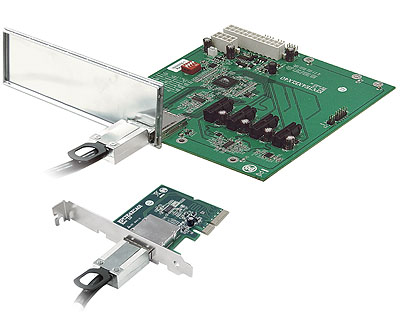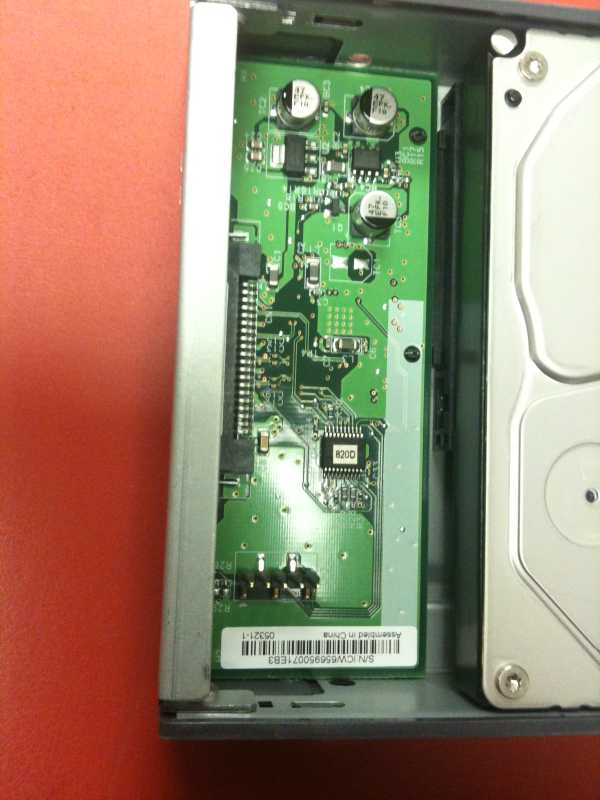So tonight I was looking at a link from picker's NAS assembly bog and noticed this post: http://gdamore.blogspot.com/2010/08/why-sas-sata-is-not-such-great-idea.html
Is this really true? I have used my HP SAS expander with no issue at all with hardware RAID and SATA disks, and any of the high port count controllers use on-board SAS expanders, Additionally, if you are using multiple enclosures, SAS expanders are the only practical way of handing the interconnection. So if ZFS has some fatal issue with this configuration, it would seem to be an major issue.
Is this true for all platforms regardless of operating system? What's the issue here that is driving this problem with ZFS that doesn't show itself with linux software raid and windows hardware raid?
thanks,
Mike
Is this really true? I have used my HP SAS expander with no issue at all with hardware RAID and SATA disks, and any of the high port count controllers use on-board SAS expanders, Additionally, if you are using multiple enclosures, SAS expanders are the only practical way of handing the interconnection. So if ZFS has some fatal issue with this configuration, it would seem to be an major issue.
Is this true for all platforms regardless of operating system? What's the issue here that is driving this problem with ZFS that doesn't show itself with linux software raid and windows hardware raid?
thanks,
Mike
![[H]ard|Forum](/styles/hardforum/xenforo/logo_dark.png)


